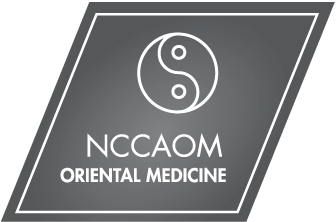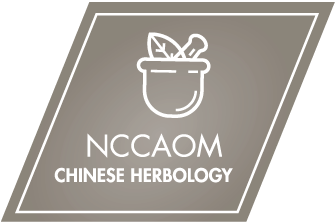Theresa Hoang Acupuncture
Certifications
Diplomate of Oriental Medicine

A Diplomate of Oriental Medicine is a practitioner who is certified by the National Certification Commission for Acupuncture and Oriental Medicine (NCCAOM®) and has met the certification requirements for both acupuncture and Chinese herbology. It is a considerable professional achievement to earn the designation Diplomate of Oriental Medicine (NCCAOM). NCCAOM certification indicates to employers, patients, and peers that one has met national standards for the safe and competent practice of acupuncture and Chinese herbology as defined by the acupuncture and Oriental medicine (AOM) profession. For additional information, about the Diplomate of Oriental Medicine, please visit the NCCAOM Website.
Diplomate of Chinese Herbology

A Diplomate of Chinese Herbology is a practitioner who is certified by the National Certification Commission for Acupuncture and Oriental Medicine (NCCAOM®). It is a considerable professional achievement to earn the designation Diplomate of Chinese Herbology (NCCAOM). NCCAOM certification indicates to employers, patients, and peers that one has met national standards for the safe and competent practice of Chinese herbology as defined by the acupuncture and Oriental medicine (AOM) profession. For additional information, about the Diplomate of Chinese Herbology, please visit the NCCAOM Website.
Diplomate of the American Occupational Therapy Association
- an individualized evaluation, during which the client/family and occupational therapist determine the person’s goals,
- customized intervention to improve the person’s ability to perform daily activities and reach the goals, and
- an outcomes evaluation to ensure that the goals are being met and/or make changes to the intervention plan.
Occupational therapy services may include comprehensive evaluations of the client’s home and other environments (e.g., workplace, school), recommendations for adaptive equipment and training in its use, and guidance and education for family members and caregivers. Occupational therapy practitioners have a holistic perspective, in which the focus is on adapting the environment to fit the person, and the person is an integral part of the therapy team.
From The American Occupational Therapy Association (AOTA)